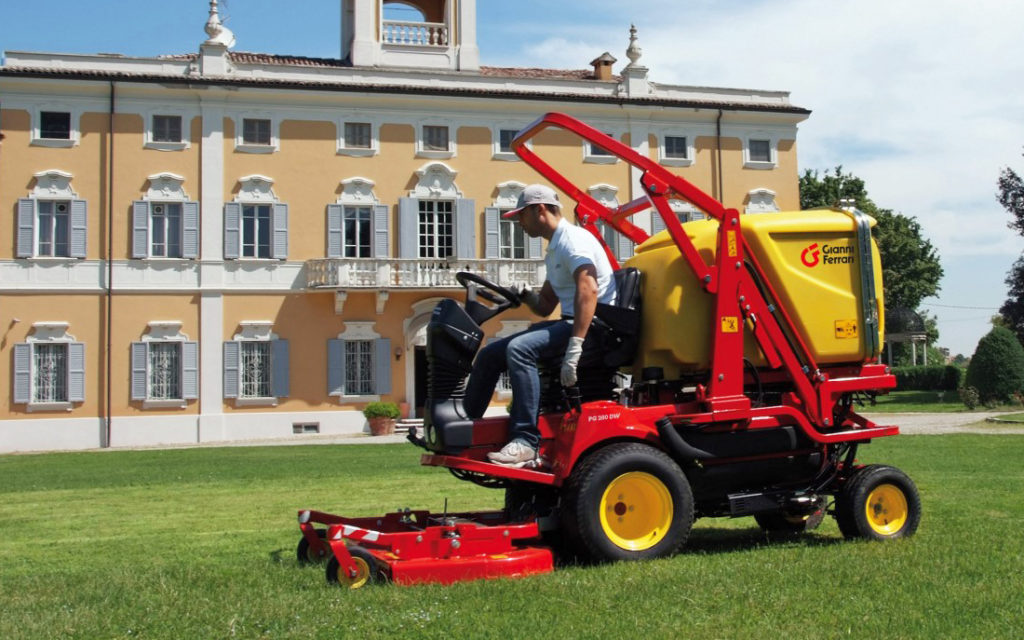The various shocks to world trade that have been experienced over the past few years has led Kubota to rethink its global manufacturing strategy.
It is reported that the corporation has decided to invest $2.2 billion in building new factories in the U.S, India and elsewhere.
Increasing presence
The company already has a manufacturing presence in the U.S and it also appears that it wishes to build upon the capacity of Escort Tractors in India, which it purchased earlier this year.

Kubota generates 70% of its revenue outside of Japan, yet it only produces 30% of its product overseas, the intention is to increase this figure to 50%.
In a move that may come to be seen as part of this plan, Kubota has just announced the purchase of the Italian manufacturer Officine BIEFFEBI (BFB) and its subsidiary Gianni Ferrari (GF).
Italian shopping spree
The intention is to merge the two into a new wholly-owned subsidiary of Kubota Holdings B.V., which is Kubota’s European subsidiary for its agricultural machinery business.

Although the new company is dedicated to ground care rather than agricultural machinery, it underlines the determination with which Kubota is pursuing expansion outside of Japan and the U.S in sectors other than construction.
This is the second Italian company that Kubota has invested in recently. Last autumn it purchased a majority shareholding in ROC, manufacturers of crop mergers.
Kubota explores alternative fuels
Although being somewhat generous with the cheque book of late, the corporation continues to develop its own product lines.
Last month it was rumoured that the company was likely to launch a hydrogen-powered tractor by 2025, a suggestion that elicited an admission that the company was working on the concept, but there were no immediate plans to bring it to market.
Kubota differs from JCB’s approach to hydrogen engines in that it uses the much more efficient fuel cell rather than combustion to release the energy potential of the gas.
This could more quickly lead to the introduction of implements powered from the tractor by electrical cable rather than shafts, belts and chains, an idea that is being increasingly spoken of in the industry.
